Select your boost or account
Pick the service for your game and platform (PS / Xbox / PC), add to cart, and check out.
Try: bot lobby, unlock all, accounts.
Skill-Based Matchmaking (SBMM) is a hot topic in gaming, and Call of Duty: Black Ops 6 (BO6) has reignited the debate. Understanding how SBMM impacts gameplay is essential for all players. In this Skill-Based Matchmaking BO6 guide, we’ll discuss the mechanics, player opinions, and SBMM effect...
![Skill-Based Matchmaking BO6 [Explained] Skill-Based Matchmaking BO6 [Explained]](https://damnmodz.com/wp-content/uploads/2024/12/Skill-Based-Matchmaking-BO6-1024x576.webp)
Skill-Based Matchmaking (SBMM) is a hot topic in gaming, and Call of Duty: Black Ops 6 (BO6) has reignited the debate. Understanding how SBMM impacts gameplay is essential for all players. In this Skill-Based Matchmaking BO6 guide, we’ll discuss the mechanics, player opinions, and SBMM effect on multiplayer dynamics.
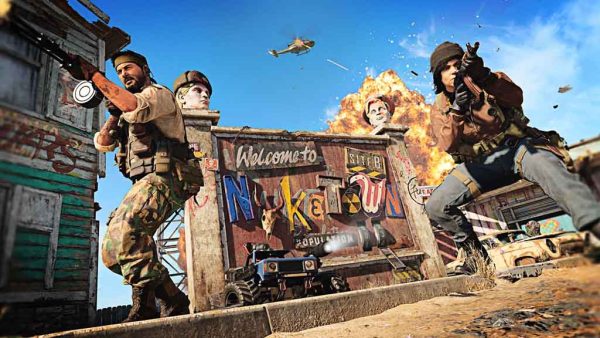
Skill-based matchmaking is a system designed to create fair multiplayer lobbies by pairing players of similar skill levels. The algorithm prioritizes skill over other factors, such as connection or geographical proximity. The idea is to confirm balanced matches, where players face opponents with comparable abilities, making each game competitive.
SBMM aims to eliminate situations where high-skill BO6 players dominate less experienced ones, creating a fairer experience overall. However, this fairness comes at a cost: casual players often feel under constant pressure, while seasoned gamers miss the occasional opportunity to “stomp” in lower-skill or bot lobbies in BO6.
Yes, Black Ops 6 relies heavily on SBMM across both ranked and unranked multiplayer modes. Activision has not officially addressed SBMM in BO6, but player feedback and gameplay experiences confirm its presence.
In previous CoD titles, SBMM was primarily restricted to ranked modes. Now, its inclusion in casual modes has stirred controversy. Players report the system making every game feel like a high-stakes battle, reducing the fun factor for those seeking a more relaxed gaming experience.
The matchmaking system in BO6 evaluates various factors, with skill being the most significant. Metrics like kill/death ratio (K/D), win rate, and overall performance history influence matchmaking decisions. Players with strong stats face similarly skilled opponents, leading to consistently intense matches.
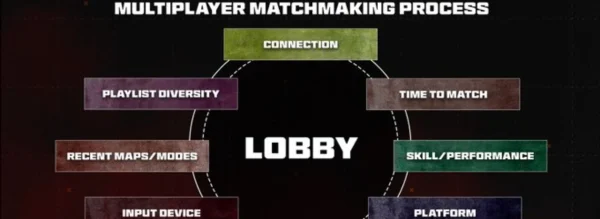
This system reduces the likelihood of lopsided games, but it has drawbacks. Highly skilled players often feel like they’re playing ranked matches even in casual playlists. For less experienced players, the matchmaking system can be punishing, offering little reprieve from tough opponents. You can also buy Black Ops 6 Dark Matter Camo Unlock Boost and balance the intense competitive experience with style. Our boost lets you dominate matchmaking while sporting exclusive Dark Matter, Dark Spine, Diamond, and Gold camos. Perfect for highly skilled players seeking standout camos or casual gamers needing an edge in challenging matchups.
The divide between fair competition and fun is at the heart of the SBMM debate. On one hand, the system ensures balanced matches, preventing lower-skilled players from being obliterated by veterans. On the other hand, it removes the sense of achievement that comes from outplaying weaker opponents.
High-skill players often describe the experience as “mentally exhausting,” requiring constant focus to stay competitive. Even Call of Duty legend Damon “Karma” Barlow expressed frustration with SBMM in BO6, stating that every match felt like a grind. For casual players, the stakes feel disproportionately high, as even a single good game can result in tougher lobbies.
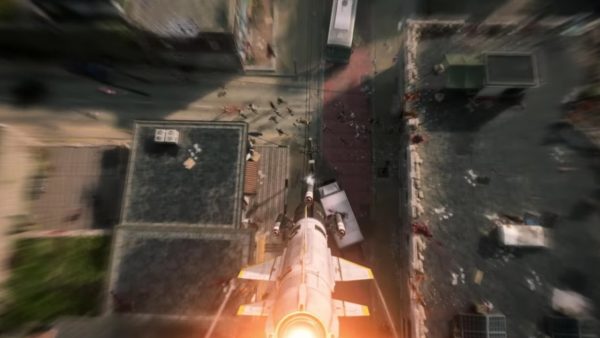
Alongside SBMM, another theory often circulates: Skill-Based Damage. This unconfirmed concept suggests that a player’s weapon damage is secretly adjusted based on performance. For example, a player having a bad match might deal more damage in the next game to feel better, or vice versa.
Activision has explicitly denied the existence of Skill-Based Damage, clarifying that matchmaking does not affect gameplay mechanics like hit registration, aim assist, or damage. Despite these assurances, the rumor persists, fueled by the game’s perceived inconsistencies in bullet damage and time-to-kill (TTK).
SBMM’s influence extends across all multiplayer modes in BO6, fundamentally altering the dynamics of public matches.
Server performance plays a critical role in how players perceive SBMM. In BO6, server stability issues exacerbate frustrations. Poor connection quality or server lag can make matches feel unfair, even when SBMM is functioning as intended.
When shots fail to register or lag affects movement, players often blame SBMM for their losses. While matchmaking systems aren’t responsible for these issues, they add to the perception of unfairness.
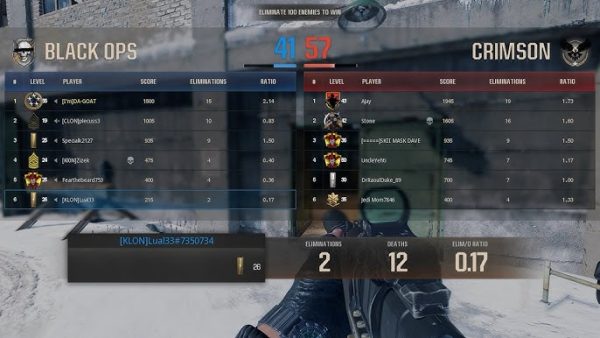
For highly skilled players, SBMM eliminates opportunities to relax and enjoy casual gameplay. Matches become so tightly contested that every game demands maximum effort. This constant intensity leads to burnout and dissatisfaction, especially for those who grew up enjoying more lenient matchmaking systems in earlier CoD titles.
Casual players also feel the strain. A streak of good matches can quickly push them into tougher lobbies, where they struggle to compete. This yo-yo effect makes it hard to find consistent enjoyment, leaving players frustrated.
The primary criticism of SBMM is its prioritization of skill over connection quality. In previous CoD titles, matchmaking prioritized low ping for smoother gameplay. With SBMM, players are sometimes placed in higher-ping lobbies to find opponents of similar skill.
This trade-off can lead to laggy matches and suboptimal experiences, particularly for players in regions with smaller player pools. For many, the return to connection-based matchmaking would significantly improve their enjoyment.
Black Ops 6 has made strides in balancing SBMM but continues to face backlash. Many players believe that the game’s matchmaking system leans too heavily toward competitive balance, sacrificing the casual fun that CoD was once known for.
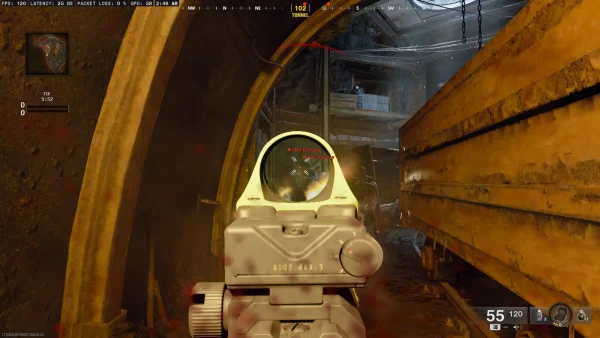
The debate isn’t new, but its intensity has grown as SBMM becomes standard across most multiplayer titles. BO6, like its predecessors, finds itself caught in the crossfire of players demanding fairness and those longing for a more relaxed experience.
SBMM isn’t going anywhere. Game developers, including Activision, see it as a necessary tool for retaining players. In these competitive matches, SBMM helps prevent new or casual players from being overwhelmed and quitting the game.
For better or worse, SBMM reflects the broader evolution of online gaming. Developers now prioritize engagement and retention metrics, often at the expense of the unstructured, chaotic fun that defined early multiplayer gaming.
Skill-Based Matchmaking BO6 is a divisive feature, offering both benefits and drawbacks. While it creates fairer lobbies, it also intensifies competition, leaving casual players and veterans longing for more relaxed experiences.
The SBMM debate is unlikely to end, but understanding its mechanics and adapting your approach can make the multiplayer experience more enjoyable.
Pick the service for your game and platform (PS / Xbox / PC), add to cart, and check out.
Our vetted team completes your lobby, unlocks, or delivers your premade/modded account. We’ll keep you updated in chat.
If a product doesn’t work as described, you’re covered by our Money-Back Guarantee.